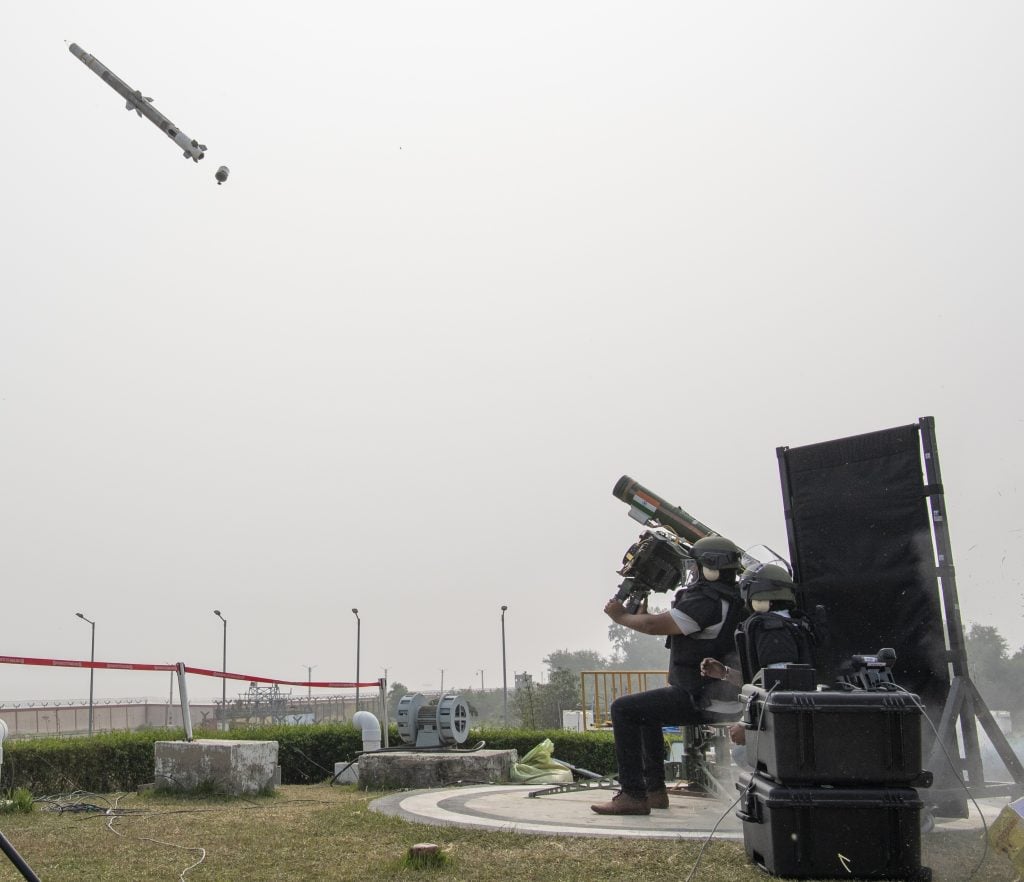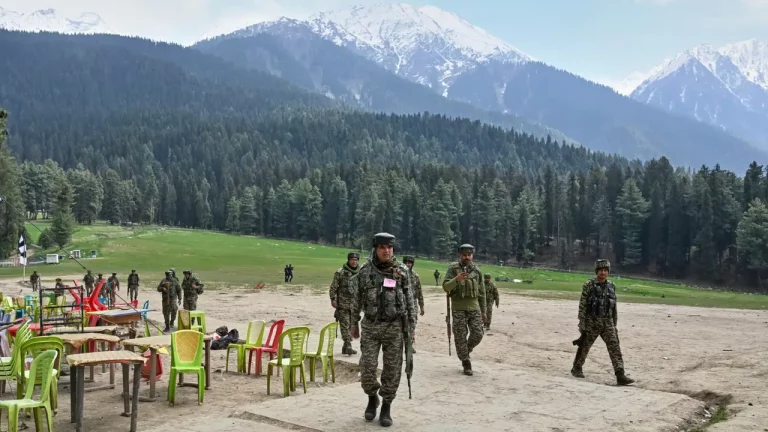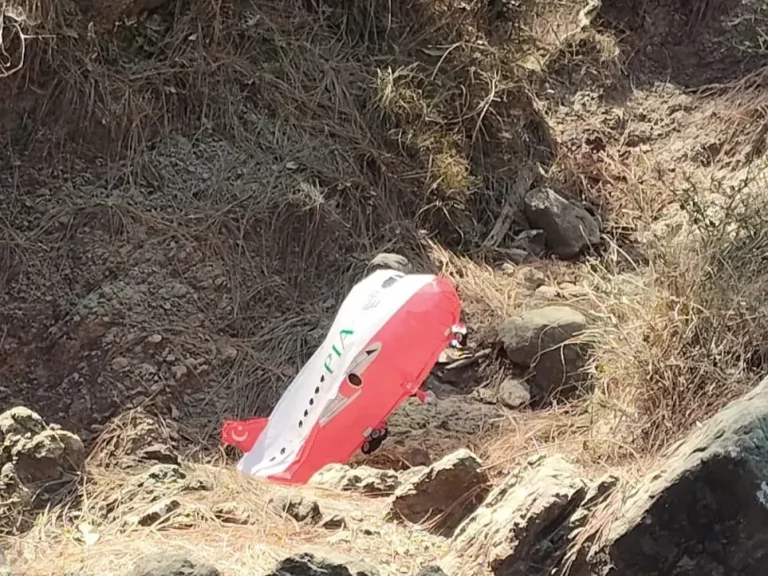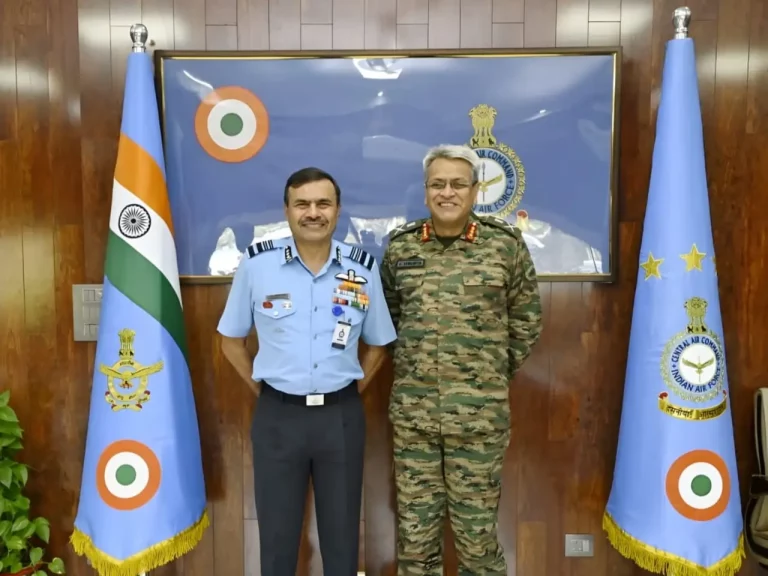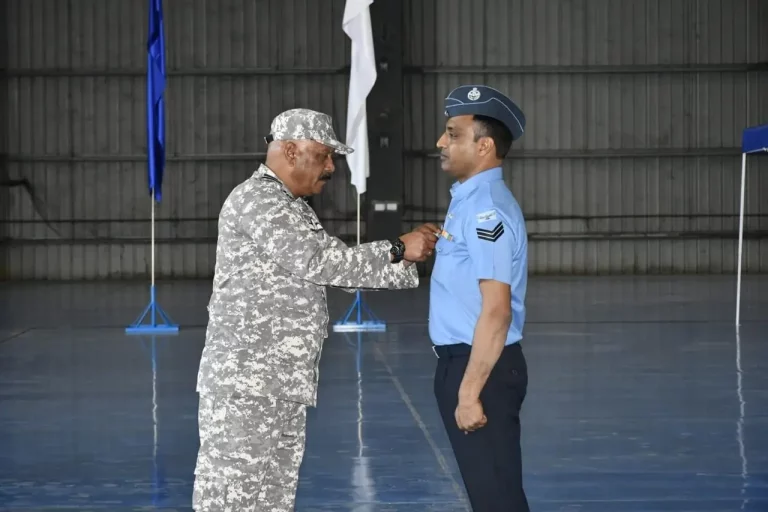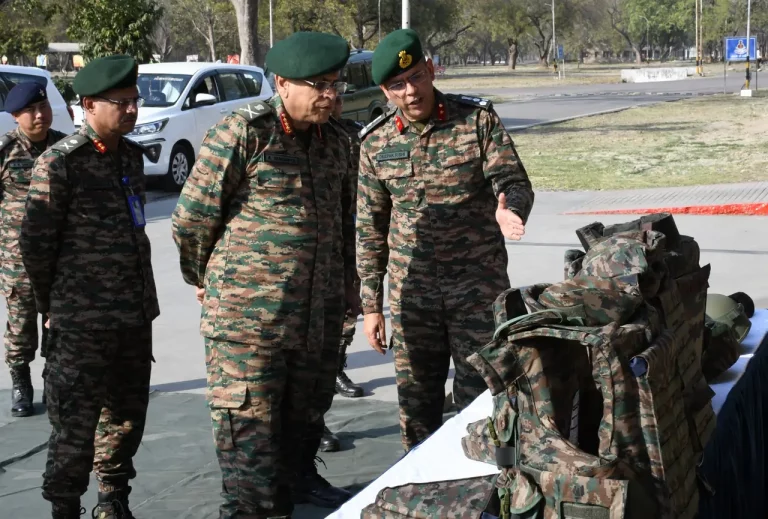The Defence Research and Development Organisation (DRDO) has achieved a significant milestone with the successful execution of three consecutive flight trials of the Very Short-Range Air Defence System (VSHORADS) from the Integrated Test Range (ITR) located at Chandipur, off the Odisha coast. These trials were a critical step in validating the missile system’s capacity to intercept and neutralize aerial threats, particularly focusing on low-flying drones and high-speed targets.
During the recent trials, the VSHORADS missile system showcased its effectiveness by successfully destroying all three targets. These targets were specifically engineered to mimic drones, equipped with reduced thermal signatures, and were subjected to a range of flying conditions to accurately assess the performance of the system. The tests were carried out in a deployment configuration that reflected real-world battlefield scenarios, with two field operators managing weapon readiness, target acquisition, and missile firing.
The flight data was meticulously gathered using a suite of advanced tracking instruments, including Telemetry, Electro-Optical Tracking Systems, and Radar, all of which were deployed at ITR Chandipur. The results of the trials underscored the system’s pinpoint accuracy, further affirming its capability to effectively neutralize aerial threats like drones and other airborne objects at close range.
This latest round of trials not only confirmed the missile’s precision but also highlighted the high-speed interception capabilities of the VSHORADS system against targets flying at very low altitudes. The DRDO shared the outcome of these trials via social media, emphasizing the successful destruction of the high-speed targets.
The VSHORADS is an indigenously developed Man-Portable Air Defence System (MANPADS), conceived and built by the Research Centre Imarat (RCI) in collaboration with other DRDO laboratories and Development cum Production Partners. This advanced system is designed to serve the Indian Army, Navy, and Air Force, providing them with a mobile and efficient air defence mechanism.
The successful trials have garnered high-level appreciation from various quarters. Raksha Mantri Shri Rajnath Singh extended his congratulations to the DRDO, Armed Forces, and industrial partners, calling this achievement a significant enhancement to India’s defence capabilities. Dr. Samir V Kamat, Secretary of the Department of Defence Research and Development and Chairman of DRDO, also praised the collaborative efforts of researchers, users, and production partners, acknowledging their vital role in the success of the VSHORADS system.
This achievement marks a notable advancement in India’s pursuit of self-reliance in defence technology, demonstrating the country’s growing ability to develop sophisticated air defence systems capable of addressing emerging aerial threats.
